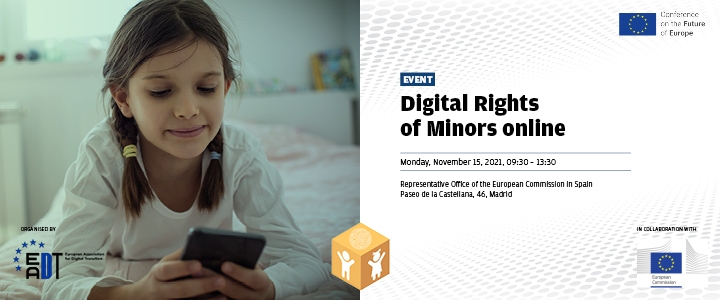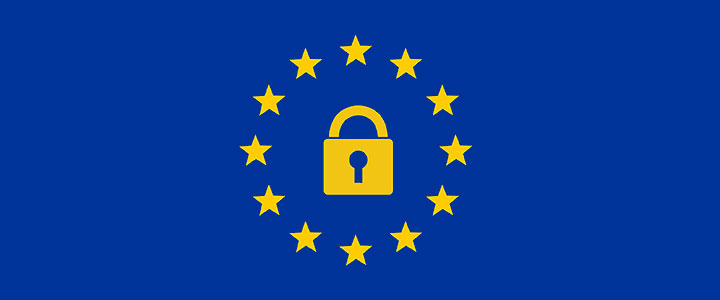World Children’s Day is again being celebrated this coming November 20th, a date chosen by the United Nations to commemorate the day in 1959 when the Declaration on the Rights of the Child was adopted. On this occasion, the European Association for Digital Transition, EADT, in collaboration with the European Commission, has organised the event “Digital Rights of Minors Online”. It will take place on November 15th at the headquarters of the Representation of the European Commission in Spain, and can also be followed in streaming.
Read moreThe EADT, with support from the European Commission, organises an event on the digital rights of children and adolescents











